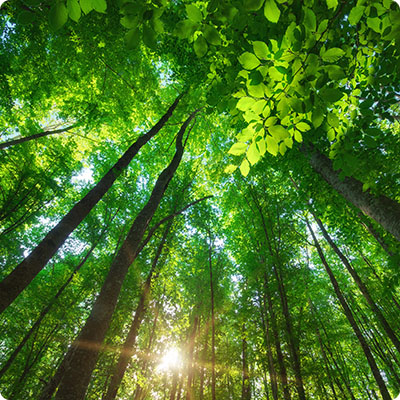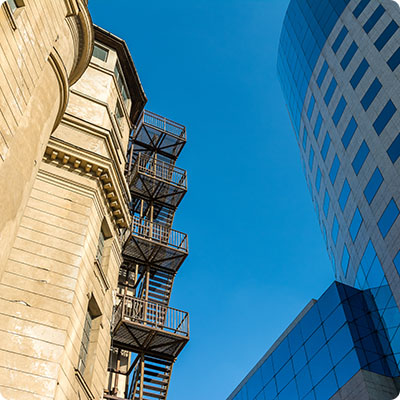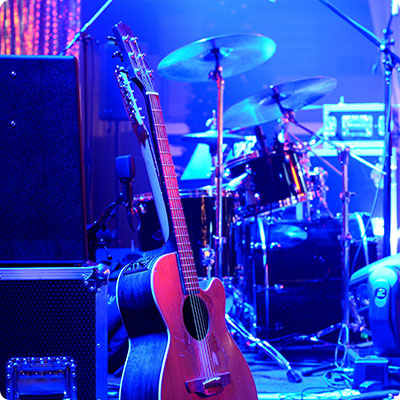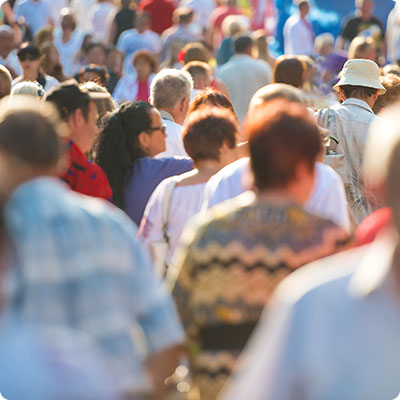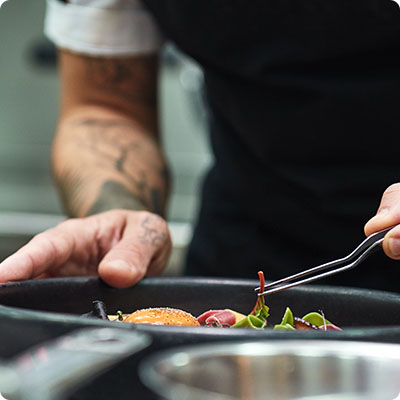Ice hockey, the stars on the rink
Very popular, hockey arouses many passions in Russia. We follow the games in cafés and even on giant screens when the game is important. A great hockey nation, Russia officially introduced the sport in 1946, at a time when the doctrine dictated that Soviet athletes should shine in international competitions. Before that date, Russian hockey, which originated in Scandinavian bandy, did not have the same rules as its Canadian counterpart, which was rougher in contacts.
Today, great players like Aleksandr Ovetchkin are considered stars. Ovetchkin, who began his career at Dinamo Moscow, quickly made his way into the prestigious North American league, the NHL. Until raising in 2018, the most prestigious of awards, the famous Stanley Cup with the Washington Capitals. He joined other Russian legends, also winners of the Stanley Cup, such as Ievgueni Malkin (3 wins), Sergei Fedorov (3 wins) or Viacheslav Fetisov (2 wins). Also at the international level, the Russian selection shone by winning the World Championships in 1993, 2008, 2009, 2012 and 2014 or the gold medal at the 2018 Olympic Games under the banner of the Russian Olympic Athletes (AOR). The Russian delegation was deprived of competition due to a doping case.A rich Olympic history
It must be said that Russia has a mixed history with the Games. A leading nation in many winter and summer editions, it was condemned to heavy sanctions at the end of 2019 by the World Anti-Doping Agency. Suspected of organised doping, Russia will be deprived of the Summer Games in Tokyo in 2020 and the Winter Games in Beijing in 2022. An earthquake in the world of sport.
It must be said that Russia has often shone in the 14 Olympiads (8 summer, 6 winter) in which it has participated. Second at the Atlanta Games in 1996 and at the Sydney Games in 2000 behind the United States, 3rd in 2008 in Beijing, 4th in 2012 in London and in 2016 in Rio, Russian athletes are always to be reckoned with in the summer. In winter too, with a Russian delegation that finished first at the Lillehammer Games in 1994, 3rd in Nagano (1998), 5th in Salt Lake City (2002) and 4th in Turin (2006). After the severe failure of the Vancouver Games in 2010 (11th), Russia finished first at "its" Sochi Games in 2014. But following the doping revelations, 13 medals were withdrawn. And the Russians arrived at the 2018 Winter Games as "Olympic Athletes of Russia" (AOR), with the delegation suspended. This is the last chapter in a Russian Olympic history that should not be written in Tokyo and Beijing.Tennis, the factory of champions
Russia has always provided many champions who have shone all over the world. If Ievgueni Kafelnikov, Nikolay Davydenko or Marat Safin have hung up their racquets, today it is the new star Daniil Medvedev (5th in the world at the end of 2019) who carries the Russian colours high. Among the women's players, Anna Kournikova, Elena Dementieva and Dinara Safina stood out before Maria Sharapova, the greatest player in Russian history, who ended her career in February 2020. A career marred by a history of doping
Soccer, always popular
Finally, football is very popular in a country that now wants to be a "football nation", as evidenced by the fervour surrounding the organization of the World Cup in 2018. The country's big clubs are those of Moscow (Lokomotiv, Spartak, Dinamo and CSKA) and Zenit St. Petersburg, which regularly qualify for European competitions.
In terms of activities, it's time for winter sports!
Russia allows the practice of all winter sports seven months out of twelve (ice sports, cross-country skiing), without forgetting the delicious troika rides in the snow. If you are tired of the Alps, go skiing in the Caucasus, in Tcheget or in Krasnaya Poliana, which hosted the Sochi Olympics in 2014. There you will find beautiful ski resorts that are much less crowded. There is no shortage of spots for cross-country skiers. Muscovites are used to practising this sport around the capital on weekends.
Banya or the tradition of Russian baths. This tradition is still very much alive. In the countryside, the ritual takes place in small wooden huts in the middle of nature. In the city, this has been replaced by the public baths, which are regularly visited on Saturdays. Only a few of these baths are mixed. The principle of the Russian bath, quite similar to the Finnish sauna or hammam, is to alternate between hot and cold in order to eliminate toxins. Here, there is no massage, but the particularity of the Russian bath is to whip each other with birch branches to promote blood circulation! The banya outings are great moments of conviviality that continue with the sharing of tea, beer or vodka.In summer too, there is room for nature
If skis are king in winter, hiking, kayaking and rafting take over in summer. For walking and hiking, let yourself be tempted by an unforgettable trek in the Altai. Like the Russians, you can also enjoy walks in the woods, fishing or hunting, golf or tennis. Activities that they usually practice during the traditional weekends in their country house, the famous dacha. Weekends that are like long sessions of gardening, watering, picking... and putting the vegetables in jars to be eaten the following winter.
Chess, the flagship game
If you prefer to use your brains, you can play chess! Mikhail Botvinnik, Vassili Smyslov, Tigan Petrossian, Boris Spassky, Anatoli Karpov, Andrei Kasparov... The majority of the champions of the last century are Russian. In the midst of the Cold War, duels with American players frequently took a geopolitical turn. Chess schools were highly developed. This tradition continues. Almost everyone plays it and the parks are the scene of improvised tournaments, abundantly commented by clusters of passers-by. If you are an amateur, you will easily find an opponent, but beware, the level is very high!




